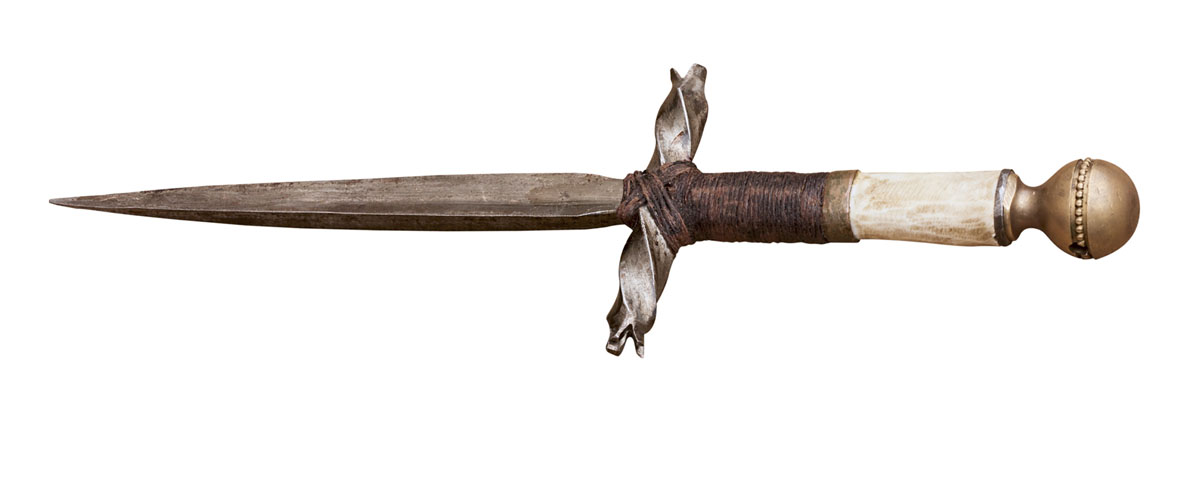Hi Mr. History,
I am currently gathering research and information for a novel I’m writing and would like to confirm or disregard some rumors I’ve heard about how some soldiers treated the dead and dying opponents after a battle or skirmish.
I have read that soldiers would walk the fields and check for the dead and dying and would kill the dying soldiers with a coup de grace. However, under the circumstances of not wanting to use up precious ammunition, they would resort to some pretty diabolical methods of disposing of them. Can you please confirm this for me?
Kind regards,
Lou Gavin
???
Dear Mr. Gavin,
For want of knowing where and when your novel is set, your question is widely general. Normally, however, the coup de grâce (as the French eventually would call it) originated before battlefield medicine became reliable. After a battle a soldier might finish off a comrade who was convincingly beyond saving and in agony…or he might finish off a similarly wounded opponent, either out of mercy or just as likely because he wanted to loot the corpse. This was usually done with a knife, sword or spear as quickly and with as little pain as possible. From about the 12th century there was even a thin, stiletto-like dagger called a misericorde, whose very name implied an act of mercy—though it was also designed for getting through the joints and eye-holes in armor and, as Ambrose Bierce put it, “remind an unhorsed knight that he was mortal.”
http://www.knifecollector.net/Misericorde-Dagger.html
The coup de grâce was carried on to the age of firearms, but the practice waned swiftly after the Napoleonic Wars, as that state of the art of battlefield surgery advanced…a notable exception being the coup administered by pistol to the still-breathing victim of a firing squad.
In samurai Japan, beheading was often practiced on a foe (usually a daimyo or samurai of noble reputate) who was too wounded to fight on but who had conducted himself honorably up to that point. The head was then presented to the victorious commander, who afforded it the respect he believed it deserved. Japanese officers who beheaded Allied prisoners sometimes used that rationale to claim they did it as a “favor,” to spare a respected enemy the dishonor of captivity. Some American Indian tribes, in contrast, tortured prisoners in the belief that the more pain their former opponent endured, the more of his noble power they would acquire once he finally died. Contrary to some films, however, the Apache were not among them—they dispatched wounded enemies quickly for a simple, pragmatic reason: to make sure they were dead! Zulus mutilated dead adversaries because they believed that it would handicap them in the afterlife, lest they seek revenge against their killer when he eventually joined them in the next world.
Hope that covers it?
Sincerely,

Jon Guttman
Research Director
World History
www.historynet.com
More Questions at Ask Mr. History
Don’t miss the next Ask Mr. History question! To receive notification whenever any new item is published on HistoryNet, just scroll down the column on the right and sign up for our RSS feed.





